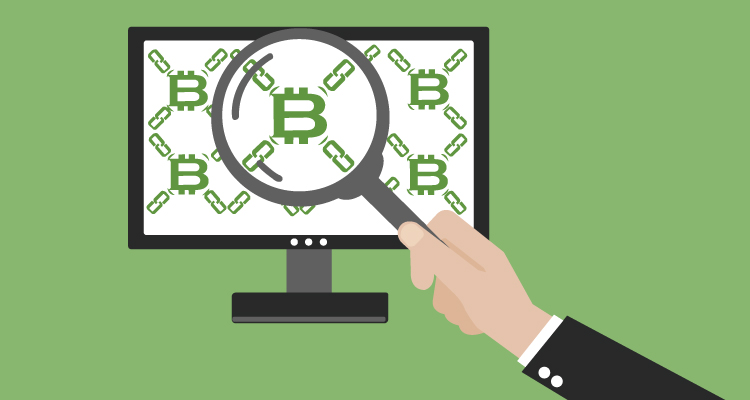Blockchain rose to fame as the underlying system behind Bitcoin and other digital cryptocurrencies, but Blockchain has many potential uses that extend far beyond digital money. From the stock market to the bank, Blockchain may be the future of finance and financial technology. Blockchain has so many interesting applications that hundreds of companies have popped up with a focus on the technology. Here are some of the most interesting uses of Blockchain in development today.
Table of Contents
ToggleBitPesa
Africa is arguably the least advanced part of the world in terms of financial development. Outside of a few cosmopolitan areas, much of Africa trades in cash. The economies of African nations are often cut off from the rest of the financial world, but the continent of 1.2 billion inhabitants is poised for exciting developments.
BitPesa is aiming to solve Africa’s liquidity and money transfer fragmentation. The Blockchain based app allows users to do business across Africa with built in foreign exchange and business to business payment features. The company has its biggest operations in Kenya, Nigeria, Tanzania, and Uganda, but this startup app supports payments to over 85 countries including the United States and China. Expect a lot more from this startup in the coming years.
Storj
Most Blockchain technologies are focused on cash and cash equivalents, but Storj has a completely different focus: cloud storage. Most online storage requires your data to live in a central server, which sends out your web assets on demand when visitors click a link to your page. With a CDN, copies of your data sit in servers around the world, and the closest copy is sent when someone clicks. Storj is taking that to the next level.
Using Blockchain and heavy encryption, Storj allows users to store digital objects in the cloud. With great security, uptime, and faster delivery possibilities, Storj is doing cool work that will silently speed up and improve the web.
Riot Blockchain
Formerly a biotech company called Bioptix, the company rebranded and is now listed on the NASDAQ exchange under ticker symbol RIOT, making it the first purely Blockchain focused public US stock.
While they are not doing any specific Blockchain development, the company invests in the Blockchain ecosystem with a focus on Bitcoin and Ethereum. While it is a risky bet, this is one option to indirectly invest in cryptocurrency through the US stock market.
Golem
Users “mine” for cryptocurrency by putting their computer into a network of computers doing complex calculations. When a user’s machine reaches a milestone or solves a problem, they get a small payment in Bitcoin or another currency. This system has connected datacenters and individual PCs around the world in a massive network of mining operations to generate digital currency.
Golem takes the power of mining and offers it to users who need massive computing power. Rent a single PC or a large data center through the Golem network to create your own on-demand supercomputer. Machine learning, graphic rendering, big data anlysis, cryptography, weather, and science computations often require enormous computing power. With Golem, any business can get that in a few clicks.
OpenBazaar
One of the biggest problems with cryptocurrencies is that you don’t have many options to spend them. Outside of a limited ATM infrastructure and an occasional business that accepts Bitcoin payments, digital currencies are often stuck in the cloud.
OpenBazaar is one of the first marketplaces that accepts cryptocurrency for transactions. Think of it like a hybrid of eBay and Etsy that runs on cryptocurrency and charges no fees. They even offer options to rent apartments similar to Airbnb, paid with your favorite digital currency of course.
Chronicled
In corporate America, contracts and legal documents fly back and forth from computer to computer, getting edited, marked, and updated by each user along the way. This makes version control and identity difficult, but Chronicled has a Blockchain based solution.
The startup uses automation and digital signatures to create a unique digital identity for physical items and digital documents alike. The coolest features allow for better supply chain control and management and anti-fraud opportunities to protect brand integrity around the world.









